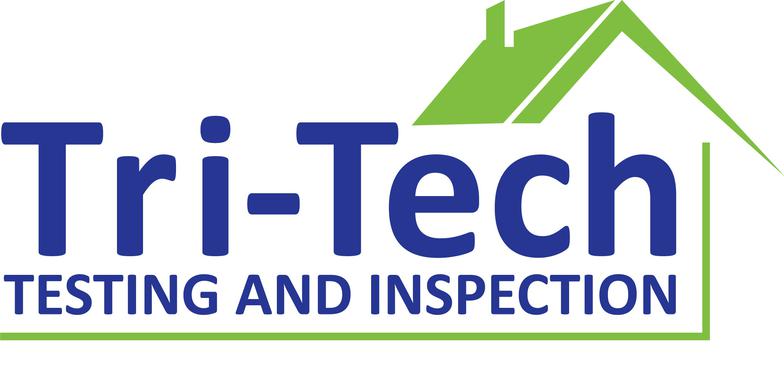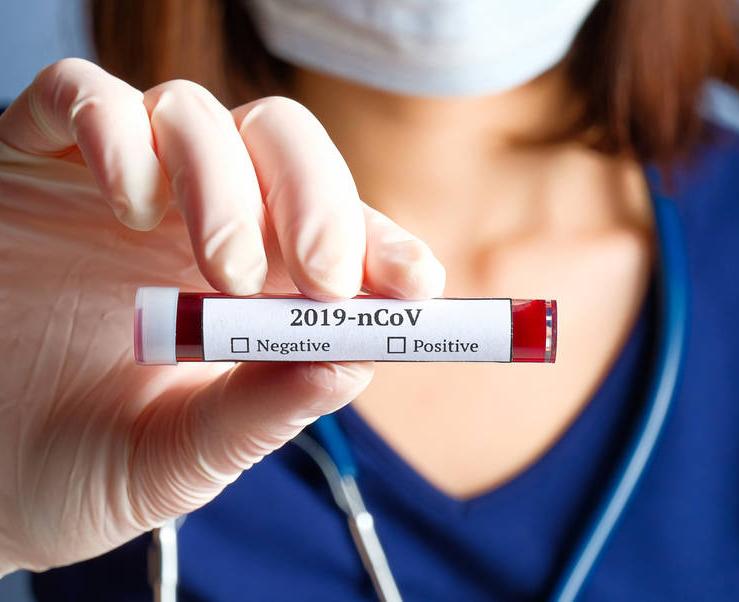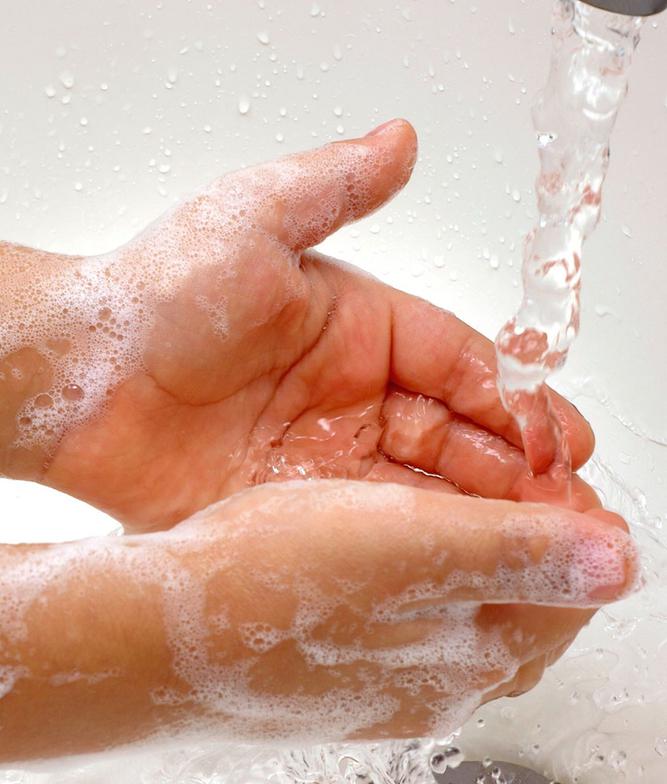(serving SE Michigan)


Coronavirus and Infection Control Guidance

Tri-Tech followed CDC and OSHA guidance during the pandemic, which ended as the Omnicron variant replaced Delta. However, upon request Tri-Tech will inspect homes and other businesses as requested using appropriate respiratory protection and precautions as needed to protect immune-compromised individuals.
TEN PRACTICAL TIPS FROM INDUSTRY EXPERTS
1. Avoid second hand information from bloggers, governmental authorities and main-stream media (social driven info is usually biased towards the sensational and self-appointed experts).
There are a number of experts that provide credible and reliable information on their YouTube channels. Authoritative experts are readily found that provide data and studies to back up what they say. Generally, you will find the most credible experts will admit that the virus, masks and vaccines do not follow any convenient scientific or political narrative. Another possible indicator of a non-compromised source of information is a doctor or other health authority that acknowledges pandemic response is done on an individual basis and not a "one size fits all" approach.
2. Educate yourself on respiratory protection and learn what types of masks are appropriate for what situation . Wearing a mask increases moisture levels in your lungs, which is a good thing, particularly during the winter or when the air is very dry. However, wearing masks excessively and when not necessary can have a negative impact on the immune system.
3. While we know that virus transmission is mostly airborne, disinfecting or avoiding common touch surfaces (e.g. door handles and elevator buttons) can be helpful in limiting exposure to contagion. It is helpful for immune compromised individuals to wear disposable gloves if in contact with public common touch surfaces. Non-disposal gloves also offer some protection to you and others.
4. Viruses attach less rigorously than bacterial pathogens to surfaces and have a short time window of viability as they are designed by nature to live within and not outside of cells. Preventative cleaning of contact surfaces does not need to be more intensive than normal cleaning practices.
5. Do not use hand sanitizer except as a last resort. Frequent use of water and ordinary soap is still the most hygienic option. CoV-2 is more resistant to hand sanitizer than most other viruses. Let’s not help it develop further resistance through excessive or unnecessary use. The FDA recently ordered Purell to stop its false advertising regarding its effectiveness claims . More on why "hand sanitizer" is bad .
6. Already own hand sanitizer? No problem. No need to let it go to waste. It can be used like a cleaner on door knobs and other hard frequent contact touch surfaces. Refill your empty hand sanitizer bottle with soapy water to take with you if soap and water is not available.
7. Studies have shown that a large aspect of the benefit of hand washing is ascribed to the physical abrasion (rubbing of hands back and forth). Therefore, the rubbing of hands back and forth, particularly to the point of generating heat, is good hygienic practice. The goal is the removal and refreshing of the surface film of skin oil and dead skin cells.
8. Do you only use green cleaning products? Most green cleaners have not been validated for disinfection. No problem. Refer to tip #4 above. However, if you feel you need to have disinfection properties in your cleaner, refer to the list below for active ingredients of EPA validated anti-viral cleaners..
9. Studies have shown it only takes the addition of 0.2% of bleach or pine oil to soap and water (typically a few drops) for it to achieve the necessary cleaning and sanitizing properties. Understand that prudent frequent precautionary cleaning measures need not be confused with more stringent cleaning protocols used by professionals to decontaminate a space occupied by a person with a confirmed infection.
10. Wear gloves if you are cleaning with disinfectants to protect your skin. Disposable microfiber wipes are a good option for cleaning difficult to clean (non-smooth, rough or stippled surfaces). Most frequent contact points however such as door knobs are smooth and readily cleanable by most standard wiping materials. Items that can be difficult to clean or sanitize can just be left in "quarantine" for 48 hours to allow a majority of the viruses to be de-activated.
A more hygienic workplace environment can be provided by implementing the following:
- Review existing air filtration systems and install high-efficiency air filters if needed.
- Increasing general ventilation rates in the work environment. Set exhaust fans in restrooms, break rooms etc. to run constantly.
- Increase humidity if possible by building HVAC controls or portable humidifiers. One study of a hospital indicated that the viral infections spread more slowly in the hospital wings with higher humidity. The benefit is two-fold: less skin cells bearing the virus are shed at higher humidity and lung moisture reduces infections risk (one reason why colds and other infections are more common in the winter). A Relative Humidity of 70-75% is ideal.
- Assure that soap and water hand-washing facilities are convenient and close the work area.
- Limit or eliminate sharing of computers or other equipment or devices. However, there should be no fear of sharing objects that have been properly cleaned between uses.
- Survey and identify common touch points for frequent disinfection. These surfaces include door knobs, sink hardware, equipment handles, step stools and ladders.
- EPA-approved anti-viral disinfectants consist of a wide-range of cleaners that contain quaternary ammonium, bleach, lactic acid, peroxyacetic acids, hydrochloric acid, silver/citric acid, phenolics, thymol, octanoic acid and hydrogen peroxide -based products. In the event of retail shortages, you may be able to obtain concentrated chemicals from bulk suppliers. Alcohol-based cleaners are not recommended.
- Resist using heavy and broad applications of strong cleaning chemicals as a "quick fix" or a belief that residual will provide long-term protection. Frequent applications of mild cleaners constitutes a much better practice.

REQUEST INFORMATION
We will get back to you as soon as possible
Please try again later
Oak Park, Michigan USA
